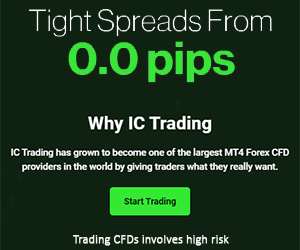What to do with gold
Just as the stock market has been stuck in the mid-8,000 range over the past few weeks, the gold spot rate has been hanging around the $930 per ounce price point for a while. Despite a couple modest swings, gold has traded in a very narrow range between $920 and $940 since it dropped significantly from around $955 on June 11th to below $930 on June 15th.
Virtually all speculative markets traded flat during the last half of the month of June. Speculation in anything is generally driven by a sense of hope, which creates an upbeat movement, or a sense of fear or despair, which drives downward movement. Lately, there is only a sense of uncertainty, as investors are still watching for data and signs of a certain direction for the global and US economies.
There have been several positive data reports of late, but nothing in the way of a trend developing. Housing has performed modestly better in the last two to three months. Retail appears to be slowly stabilizing. Manufacturing and production are grinding forward. But, data and commentary also indicates the recovery, that many have predicted is coming, will take time and patience.
With little to drive markets in one direction or another, most speculative arenas have settled into a narrow trading range. Investment in gold is usually pushed by concern about the risks of investing in other more unstable or uncertain markets. Gold is the safe money investment. Just as investors are unsure about how much risk to take on, they aren’t sure about the need to pull more risky investments to buy gold.
The trend of uncertainty has actually played out longer than the last few weeks. Gold has effectively ranged from around $870 to a high of $993.20 per ounce since bouncing in the latter half of January. That is roughly a $120 range for a little less than six months of speculation.
Another big reason why gold has remained largely trendless in the near and medium terms is that the dollar has shown little movement as well. Gold and dollar typically move in an inverse relationship because people, and governments, tend to pull reserves of the greenback in favor of safer gold when times are tough. They then usually look to get back into the dollar for cash reserves when conditions are favorable.
The dollar has been very narrow in its trade against most major currencies following a bit of a slump. After moving past $1.40 and $1.65 in value, respectively, the Euro and British Pound have sense traded flat against the dollar. Each of the major European currencies gained steadily against the dollar from mid-January through mid-May, but since May 22nd, each has stayed in about a five pip trading range. The dollar-yen has traded in around a seven pip range since the middle of February.
It won’t take long once the economy and the market pick a direction for gold to break out. If data and sentiment break powerfully in favor of a recovery, gold would likely dip. Renewed signs that the turmoil could be extended might push gold toward a retest of its all time high just above $1,000 per ounce.
Neil Kokemuller
8:45 AM EST
Wednesday, July 1, 2009
Neil Kokemuller is an Associate Professor of Marketing at Des Moines Area Community College in Des Moines, Iowa, USA. He has a MBA from Iowa State University. He is also in house stock market commentator at Live Charts UK, where you can find real time charts and share prices.
Please note: The information provided in this article is intended for informational and entertainment purposes, and not as advice for financial decisions or investments. Actions taken on the basis of the information shared is at the sole risk and discretion of the individual. Currency investment poses significant risk of loss.



















